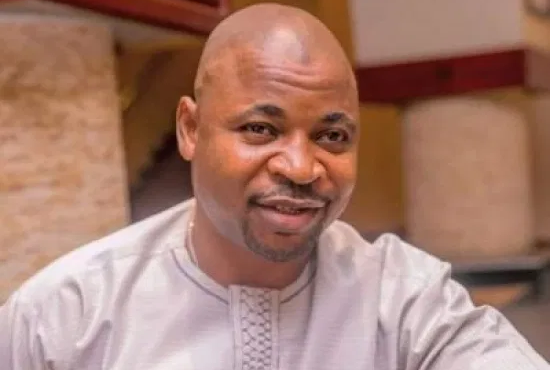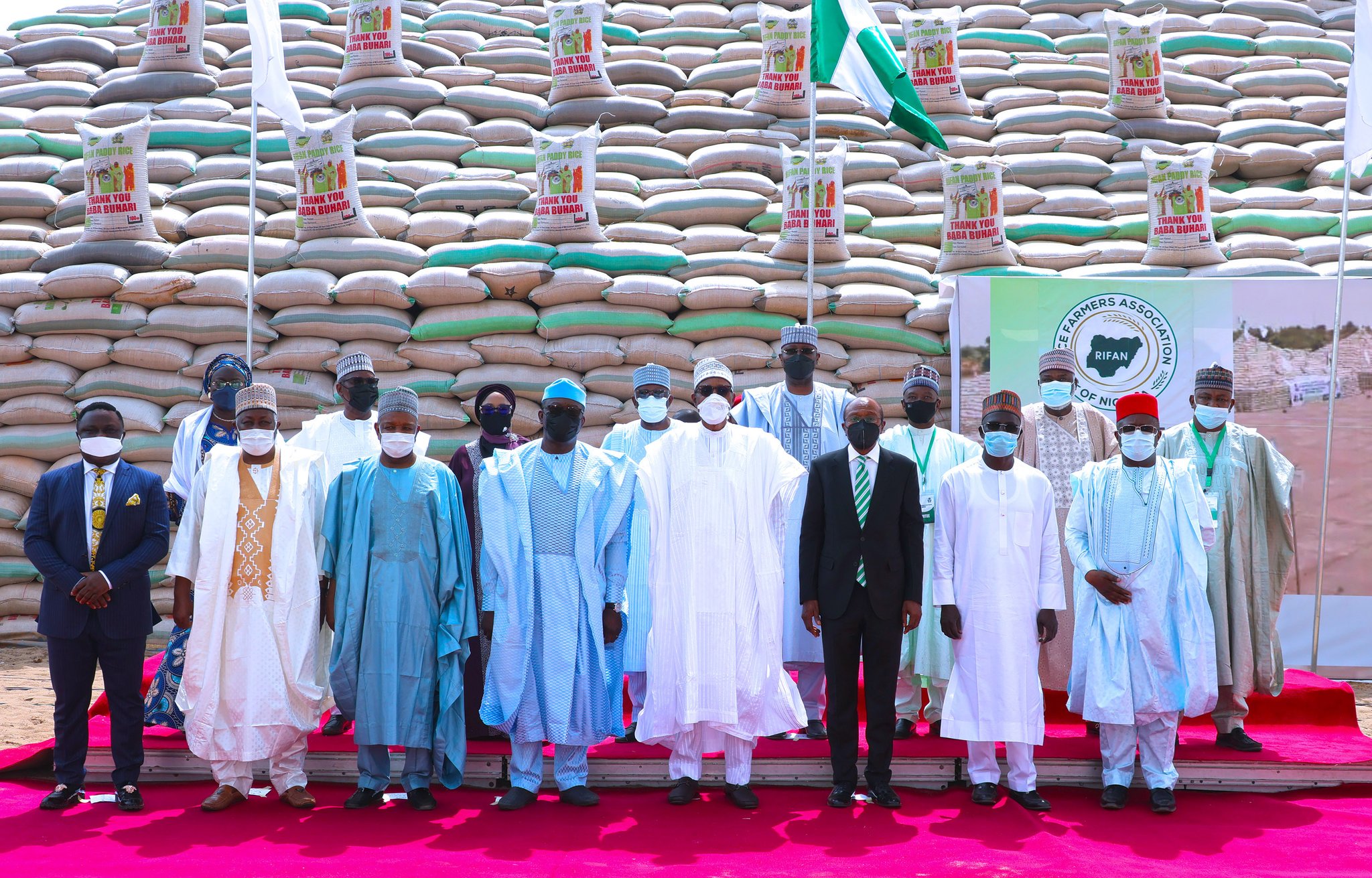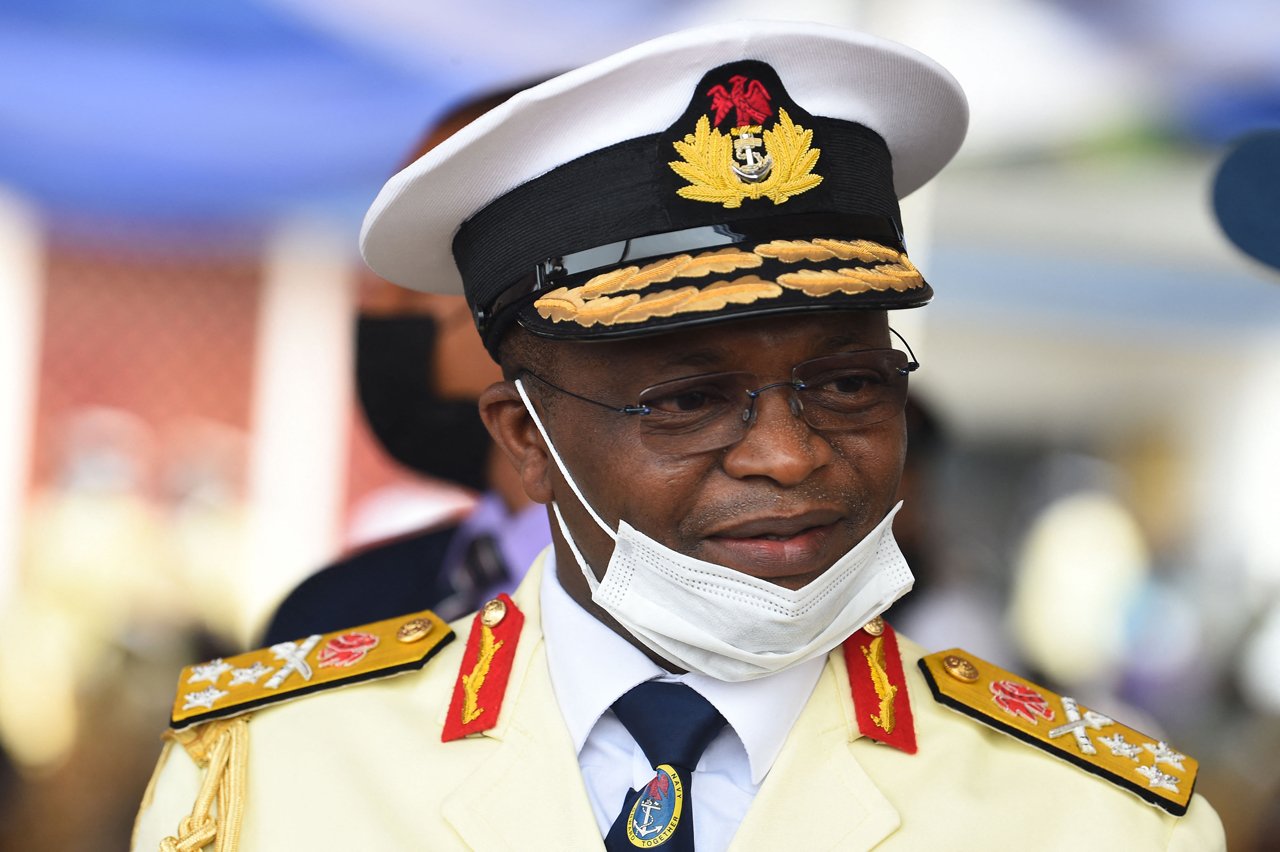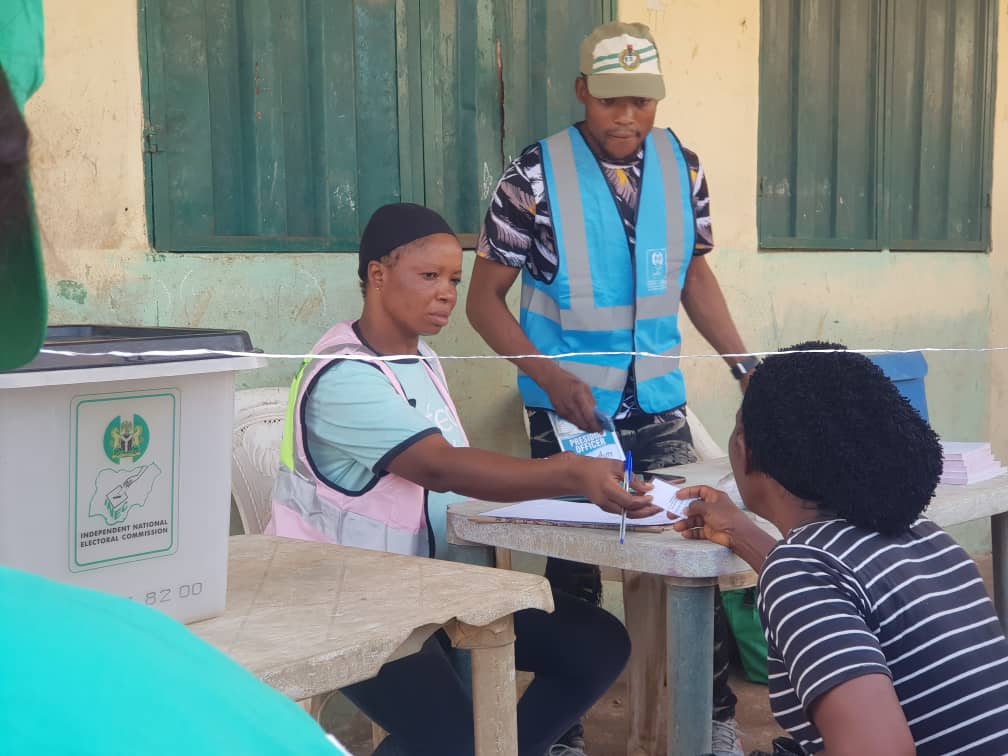BY MUFU TIJANI
Mythology, folktales, and even stories from religious books are full of warnings against excessive pride by individuals, groups, or organisations. Also known as hubris, there are enough lessons to be learned from literary figures such as Captain Ahab in Herman Melville’s ‘Moby Dick’ and Satan in John Milton’s ‘Paradise Lost’ regarding the dark themes of vanity, ambition, power, insolence, and disdain. Perhaps the most known example of this is the Icarus syndrome, with its signature lack of humility. It has failed many leaders who planned grandly but failed miserably by overestimating their knowledge, foresight, and ability.
The origin of this terminology is from Greek mythology. As the story goes, Icarus and his father, Daedalus, were imprisoned on an island by King Minos. To escape, Daedalus – a master craftsman – created two sets of wings made of wax and feathers. He warned his son not to fly too close to the sun as the wax would melt. He also cautioned Icarus not to fly too low, as the feathers could get wet in the sea. His warnings, however, went unheeded. Icarus was so intoxicated by the experience of flight that he went higher and higher and he got too close to the sun. As the wax in his wings melted, he tumbled into the sea and drowned.
The saying, “don’t fly too close to the sun” is a reference to Icarus’ recklessness and defiance of limitations. Now, one might ask, what has a tragic Greek hero got to do with the rumblings over the vacant stool of the Baale of Oshodi in Lagos, Nigeria? It has plenty to do with it, as we have started seeing. Lagosians have been gripped by what amounts to an audacious assault on time-tested hereditary succession that has produced all the past Baales of Oshodi by latter day strongmen and their politician allies.
Advertisement
Despite warnings and public protestations by the Oshodi royal family, there are daily newspaper reports of efforts by some individuals that are not members of the family – who appear to have created their own alternative storyline – to grab the Oshodi stool for themselves. One such notable efforts is being led by the Lagos state chairman of the National Union of Road Transport Workers (NURTW), Musiliu Akinsanya (MC Oluomo), who – according to media reports – enjoys the support of the chairman of Oshodi LCDA, Kehinde Oloyede (Kendoo).
In fact, following widely publicised reports of Akinsanya’s endorsement for the position, the regent of Oshodi kingdom, Biliaminu Akinola took the media to distance himself from such.
“I have been receiving calls from far and near following a report on the social media platforms which claimed that I, the regent of Oshodi land and other ruling houses have agreed to install MC Oluomo as our Oba,” Akinola said. “The report is nothing but false and misleading. It was invented to manipulate the entire process and misinform the general public.”
This, as it happens, is also the publicly stated position of the Oshodi Tapa family, the owners of Oshodi land. At a recent press conference attended by leaders of the family, the chairman of the Oshodi Tapa family, Maroof-deen Oshodi, who went down history lane to narrate how the family became owners of the land and how its ownership had been affirmed by multiple court judgements, said the one previous attempt by an outsider to ascend the throne was equally annulled by a court ruling.
Advertisement
“We are not unaware of several strange claims to the throne, including the gambit by Musiliu Ayinde Akinsanya to be installed as Oba of Oshodi. We want to publicly distance our family from this campaign,” he said. Perhaps more strategically, he also sent a message to politicians who might be colluding with those he called ‘wannabe usurpers of the throne’ to desist from what could only turn out to be a fool’s errand.
Oshodi said: “We are confident that the authorities of the Lagos state government – or any subjudicial authority would not take any steps that would cause a breach of law and order in Oshodi and beyond and that would raise doubts about their oft-stated belief in the sanctity of the rule of law.
“We recall with great respect for the sanctity of history and justice that that the truth is eternally valid and defies repression no matter who may be involved. This has been amply exemplified by the recent Magodo saga. The moral of the Magodo situation is that the mills of justice, like that of the gods, might indeed grind slowly, but they grind exceedingly fine.”
Surely ambition is to be supported and even encouraged. But such ambitious energy needs must be focused on legally acceptable projects. Icarus syndrome characterises leaders who initiate overly ambitious projects that come to naught, causing harm to themselves and others in the process. Often, these leaders have let adulation go to their heads (what the Yoruba call the ‘Maa jo lo, mo n wo eyin re’, syndrome).
Fuelled by excitement, these leaders are unable to rein in their misguided enthusiasm before it is too late. They display symptoms such as placing excessive confidence in their own judgment, harbouring feelings of omnipotence, becoming reckless and restless, displaying contempt for the advice and criticism of others, and ignoring the practicality, cost or damaging consequences of their various endeavours.
All these are on display in the current ploy to hijack the Oshodi royal stool from the rightful owners.
Advertisement
One can only hope, therefore that saner heads would prevail and the temporal powers-that-be would support the established Baale of Oshodi succession plan and not do anything to distort or disrupt it. But it’s possible that they might not pay heed, until reality brutally smacks them in the face as it did Icarius in the Greek story.
Views expressed by contributors are strictly personal and not of TheCable.
Add a comment






